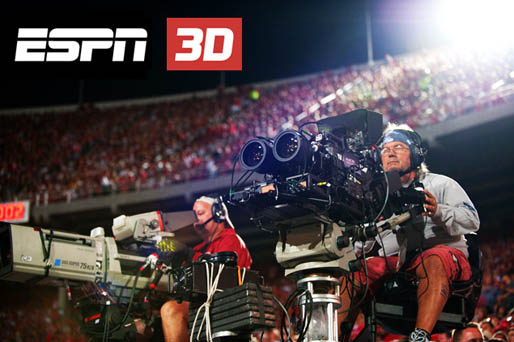
ESPN will launch the first 3D channel on June 11, which coincides with the first day of the World Cup in South Africa. The hope is that its reception will be way different from its HD launch seven years ago when it first debuted on some of the smallest cablers out there.
At this week’s 3DTV2010 event in New York City, sponsored by various NewBay Media publications, ESPN Executive Vice President Sean Bratches said in sharp contrast to the small launch of it HD venues, its first 3D channel will be immediately accessible to the largest TV content provider in America, Comcast; and the largest DBS firm in the country, DirecTV, among others.
“We’re very encouraged with the slate of affiliates we have going into the marketplace with ESPN 3D,” Bratches told Mark Robichaux, editor-in-chief of sister publication Multichannel News. ESPN projects that by 2019, 3D penetration in the U.S. home will be less than HD sets, but higher than DVR penetration.
“Being the first mass 3DTV programmer is important to the ESPN brand and to helping advertisers,” Bratches said at a Q&A session, “particularly TV equipment makers like ESPN 3D partner Sony, [to] drive business opportunities.”
NewBay Media publications serving as the event’s co-sponsors included TV Technology, Broadcasting & Cable, TWICE and MCN, among others.
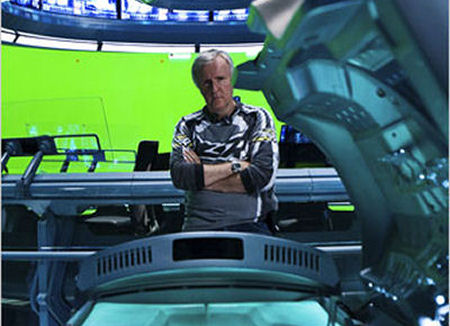
James Cameron, who directed a little movie you might have heard of called “Avatar,” the highest grossing film in history, has a few thoughts on what the future holds. “Avatar has proved that 3-D technology is not just a fad but a revolution changing how the audience chooses to consume media and entertainment content, said Cameron at the Seoul Digital Forum.
“Quite simply, where they had a choice, the audience was selecting for the best possible way to see the movie,” he said. “And they saw 3-D as the premium viewing experience.” This shift could come, according to the King of the World, as soon as “in a couple of years,” but “definitely less than the 25 years it took color movies,” he told reporters at a press conference after the speech.

Playboy’s June edition will be on the newsstands Friday, and for the first time ever, the centerfold comes equipped with 3-D glasses.
“What would people most like to see in 3-D?” asked Playboy founder Hugh Hefner. “Probably a naked lady. I’m not a huge enthusiast of 3-D,” he said in a telephone interview. “I leave real life to go to the movies and 2-D is fine with me.” Spoken like a true grumpy old man.
To offset the sizable extra cost of including 3D glasses with every magazine, Playboy let HBO help out. HBO wanted a new way to promote their hit show, True Blood, so paid for the 3D glasses, and branded them with the show’s logo.

As if they’d have it any other way. As a fan of the original, I am praying to the Gentle Mystics that they don’t destroy this film by giving it a modern, 3D, made-for-short-attention-spans appeal to the masses. The Henson Company has formally announced that Daybreakers (uh oh) directing team Peter and Michael Spierig will be making Power Of The Dark Crystal this year.
Screenwriter Craig Pearce (who worked with Baz Luhrmann on Moulin Rouge and Romeo + Juliet), has set the sequel hundreds years after the events of the original film, at a time when darkness has once more fallen across the world. A girl made of fire must journey with a Gelfling outcast to use a fragment of the crystal to re-ignite the sun. Hmmm. Sounds cool – we’ll see.
Fantasy artist Brian Froud is back on board creating the conceptual design for the movie, which will blend puppetry and animatronics with CGI.
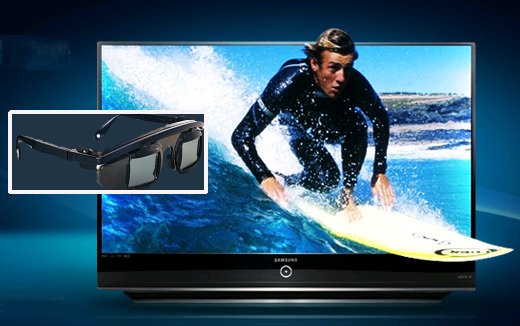
Electronics giant Samsung has just announced the launch of their 55-inch full HD LED TV in a press conference in Korea. The 3DTV is found under its 9000 series and Samsung claims it is world’s thinnest TV with width of just 7.98mm.
According to the press release by Samsung, the new 3DTV will be housed in body made of stainless steel. Prior to this, Samsung sold around 2.5 million units of LED TVs in the previous year. The statistics were far beyond what the company had made earlier. For this product, Samsung has gone all out in developing strong marketing partnerships with other firms, to gain popularity in the 3DTV market.
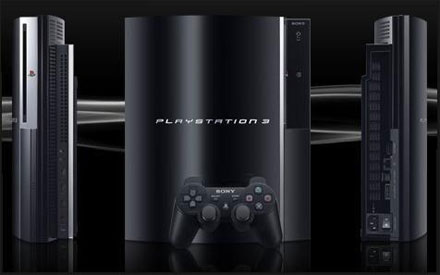
Sony’s latest PS3 update 3.30 is now available on the Sony network. It integrates the necessary firmware to take advantage of the compatible games on 3DTVs.
Given the limited availability of titles in Blu-ray and 3D television broadcasts, the first 3D content will likely be the games. As announced a few days ago, some of the first 3D titles will include Wipeout HD, Pain, Super Stardust HD, and MotorStorm Pacific Rift.
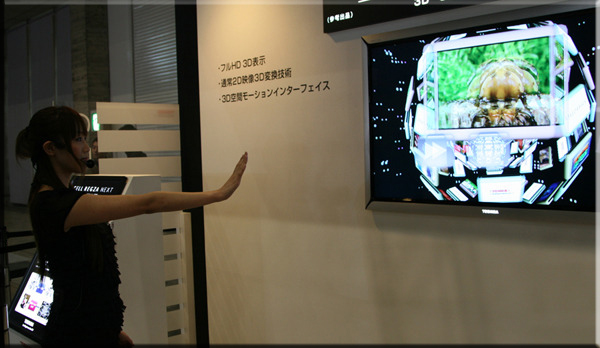
Already jumping forward in the 3D tech universe, Toshiba has announced its intentions to release a 3DTV that doesn’t require special 3D glasses to get that 3D effect.
Toshiba’s mobile display division has built the 21-inch auto-stereoscopic high-definition display using the same technology that will power Nintendo’s upcoming 3D handheld. The only major difference is size – obviously.
The company’s technology makes use of an integral imaging system called a “light field” display to create 3D without glasses over a thirty degree viewing angle. The effect without glasses is done using a “multi-parallax” method. This lessens possible eye fatigue and makes the 3D image change depending on where the watcher is while watching the TV.
At this point, the viewer likely has to be sitting in a very specific spot to get the full effect, so expect this technology to be less than impressive in its infancy.
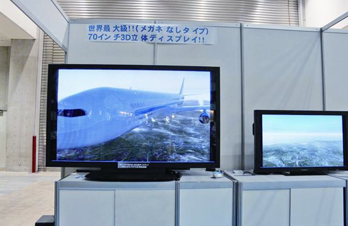
NewSight Japan gave a demo of their new 70-inch glasses-free 3DTV at Japan Finetech. The new model is said to use “parallax-barrier technology†that renders viewable 3D images without glasses. According to the NewSight GmbH’s description:
“The NewSight parallax-barrier technology allows the viewer to see the 3D image ‘naturally’ in the way people are used to viewing normal 2D displays. The technology subdivides the LCD image into complex repeating segments that, when viewed and then integrated by human binocular vision, presents 3D views of scenes. The special parallax barrier is affixed to commercial-grade LCD displays in a precision assembly process.â€
This barrier apparently has a number of precisely placed slits that let each eye to see a different pixel set, creating the illusion of depth, according to Digital Trends’s Ryan Fleming. The drawback is that the person watching the 3dtv has to be seated in a specific area in relation to the screen.
For glasses-free 3D TV to really take off, this will be it biggest hurdle.
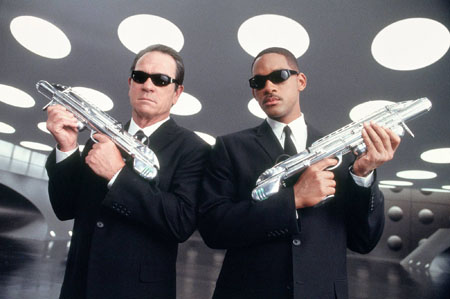
At Sony’s 2009 ShoWest presentation, Rory Bruer, who is a fairly decent rumor source, as he is the President of Sony Worldwide Distribution, announced they were developing another Men in Black movie. He also dropped the number 2011 as the likely release date. And now, to even seal the deal further – Showbiz411 is reporting Will Smith has officially signed on to Men in Black 3D and Tommy Lee Jones will be back as Agent K.
The original Men in Black film, directed by Barry Sonnenfeld, was released on July 2, 1997 by Columbia Pictures and grossed over $587 million worldwide against a $90 million budget. It is currently the 49th highest grossing film of all time.
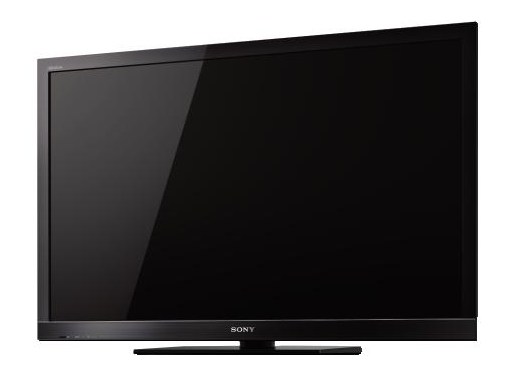
Sony has recently announced the release date of the Sony Bravia 3D TV, and its just around the corner – June 2010.
Released alongside the Bravia HX803 3DTV will be several stereoscopic game titles for PlayStation 3 which will come with any Sony 3DTV that you purchase. Your PS3 console will be treated to a PS3 3D gaming firmware upgrade prior to the release of the TV’s in order to make it capable.
And with that package will be Sony’s 3D glasses, which are fitted with active shutter technology and have an approximate battery life of 100 hours.









